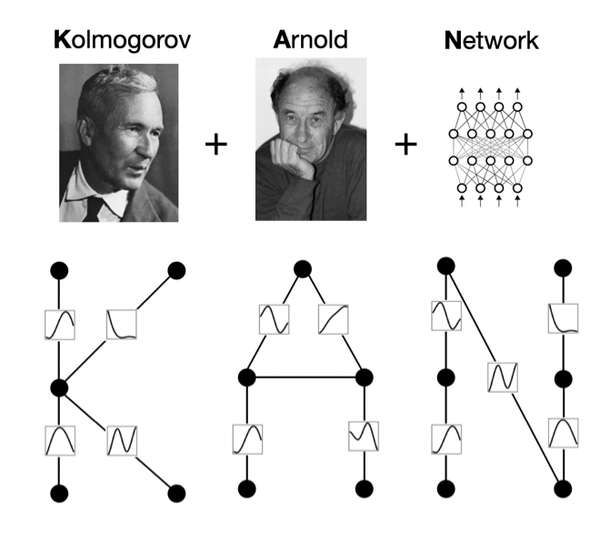If you like our work, please consider supporting us so we can keep doing what we do. And as a current subscriber, enjoy this nice discount!
Also: if you haven’t yet, follow us on Twitter, TikTok, or YouTube!
In 1970, British mathematician John Horton Conway created his "Game of Life" -- a simple set of rules that gave birth to complex patterns and behaviours.
The "game" is played on a square grid of cells, each of which can be in one of two states: alive or dead.
The rules are simple:
1. Any live cell with fewer than two live neighbours dies, as if by underpopulation.
2. Any live cell with two or three live neighbours lives on to the next generation.
3. Any live cell with more than three live neighbours dies, as if by overcrowding.
4. Any dead cell with exactly three live neighbours becomes a live cell, as if by reproduction.
These rules are applied simultaneously to every cell in the grid, resulting in a new generation of cells. This process is then repeated, with each new generation building on the previous one.
The patterns that emerge from the Game of Life can be surprisingly complex, and they have been studied extensively by mathematicians and computer scientists.
One of the most interesting things about the Game of Life is that it is a "zero-player" game, meaning that once the initial conditions are set, the game can be left to run on its own. This is in contrast to most games, which require ongoing input from players.
The Game of Life is a fascinating example of how simple rules can give rise to complex behaviour. It is also a reminder that even the most simple systems can be full of surprises.
The Game of Life is a perfect example of how simplicity can lead to complexity. With just a few basic rules, the Game of Life generates patterns that can be surprisingly complex. Other examples of simplicity leading to complexity include:
- The stock market: A few basic rules governing buying and selling can result in a complex and ever-changing market.
- The human brain: A few basic rules governing the connections between neurons can result in a complex and powerful machine.
- Evolution: A few basic rules governing reproduction and natural selection can result in the complexity of life on Earth.
You can play the game of life here:

Do you want to work with us on any of these problems?
We work on this and many such exciting problems, sometimes for fun and sometimes with commercial aspects. If you have ideas or want to explore these fields with us, please get in touch with us or reply to this email.










